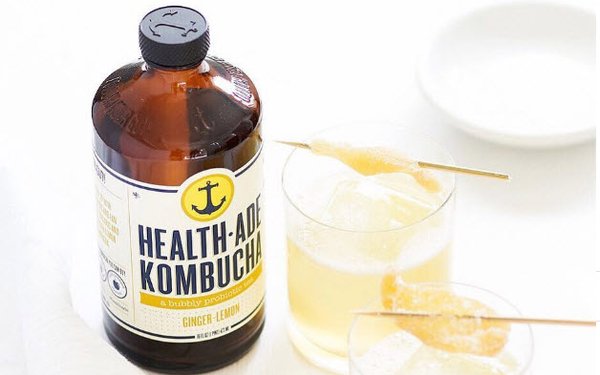
Sales of organic foods, beverages and other consumer
goods continue to rise rapidly, according to Nielsen.
Dollar sales of organic fast-moving consumer
goods (FMCG) products rose 9%, and units rose 8%, in the 52 weeks ending this past November 24, according to the data.
The growth is driven primarily by two segments: Millennials, whose
per-household spending on organics grew 14% in the period as compared to the previous 52 weeks, and Hispanics, whose organic spending rose 13%. Organic spending among all buyers rose by more than
9%.
Given that the average household’s overall FMCG spending was up by just 0.2%, “the pace of purchasing among organic goods is exceptional and is breathing life into otherwise
flat or contracting aisles of the store,” note Nielsen’s analysts.
advertisement
advertisement
Growth standouts among the largest organic FMCG categories include the trendy probiotic kombucha (up 42%,to $412
million); sandwich bread (up 18.8%, to $466 million); fresh chicken (up 11%, to $499 million); baby food (up 8.8%, to $341 million); chicken eggs (up 6.9%, to $814 million), and prepackaged salads (up
5.7%, to $1.1 billion).
Among non-food categories, organic health and beauty care products sales jumped by more than 40%, to exceed $800 million; and organic baby care products rose nearly
30%, to almost $600 million.
However, the organic claim alone doesn’t guarantee growth.
Cows’ milk, while the largest organic category, saw sales decline 2.3% (to $1.36
billion). One probable culprit: The average price for organic varieties is $4.76, a whopping 84% higher than non-organic milk’s average of $2.59. “Despite 7% growth in organic cows’
milk items on shelves, it seems the organic variety may be selling at too premium a price compared to its conventional counterpart,” points out Nielsen. Another challenge: Consumers tend to
pre-plan milk purchases by brand.
Whereas “organic” once drove sales on its own, with greater accessibility and choice, factors including brand reputation (consumers have
become more skeptical about the veracity of organic claims) are also increasingly in play, say the researchers.